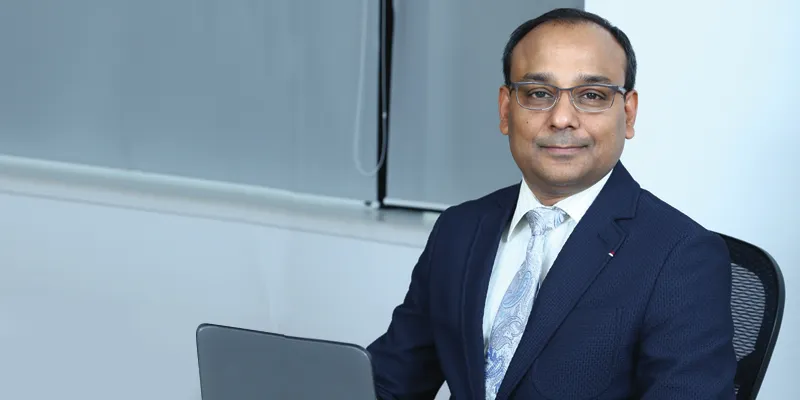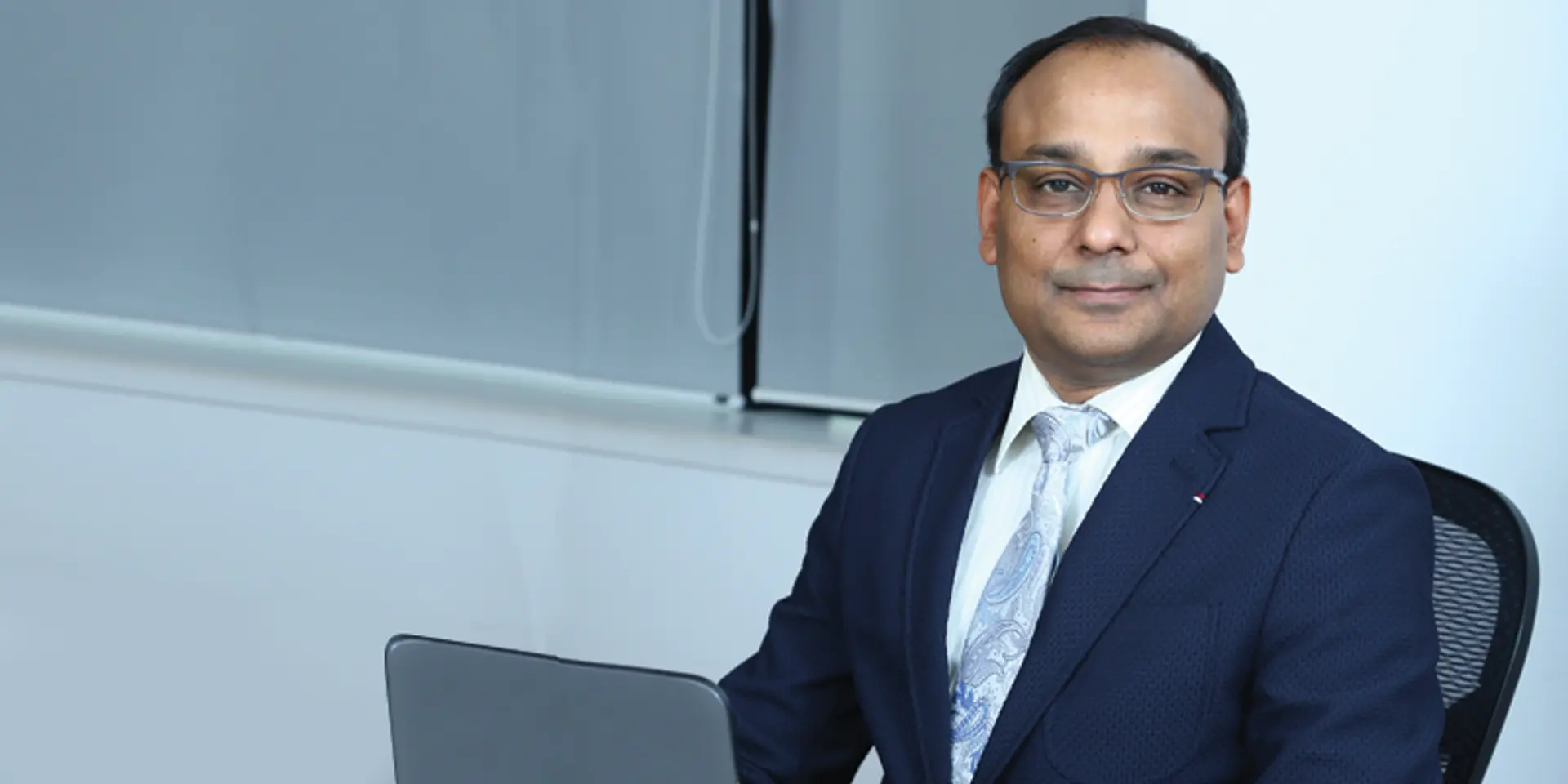Indiamart is aiming for Rs 2,000 cr revenue by 2020. Here is how it wants to get there
There is a lot of respect when one aces an old business. Trading in commodities teaches one to be on the numbers all the time and success depends on having information about the market ahead of the competition. Dinesh Agarwal, Founder of Indiamart.com, started out as a trader in fertilizers before jumping onto the website business in 1996. Back then there was no such term as 'e-commerce' in India. So Dinesh started a website that helped small businesses with information on exports, and also designed websites for various corporations to generate cash. As information services and website-making became commoditised the Indiamart team pivoted their business into becoming a marketplace for business goods and supplies, and it is also a directory connecting suppliers and buyers across the country. Thirdly, it has created a business for big brands to find their requirements.
Today, this business is a Rs 300-crore profitable entity and the founders did it by focussing on connecting and serving the guys who are often not championed: small and medium enterprises (SMEs). The company now plans to become a Rs 2,000-crore entity, with three revenue streams and investment in data science technology and automation tools to support its customers. The focus on the long-tail of industrial goods supplies is a bet that has paid off for Indiamart.com
“The roadmap for Indiamart has been constantly updated ever since we began operations in 1996. Our initial focus was on the supplier’s marketplace by generating leads through web presence. Gradually, we developed a unique business verification system called TrustSEAL, which checks the credibility and trustworthiness of SMEs,” says Dinesh Agarwal, CEO and Founder of Indiamart.com. He adds that since 2010, the company shifted focus towards buyer’s marketplace (pay-per-lead mode) and then towards the e-commerce platform with Tolexo.com.

Innovation in technology since 2010
Very few B2B2C e-commerce companies, like Bajao.com, Sulekha.com and Infibeam.com, have survived the onslaught of time. But survival is not the name of the game for these companies; it is in innovating to increase their revenues and profitability.
“We have been continuously innovating with solutions and services to bring the best opportunities to the doorsteps of small and medium enterprises,” says Dinesh. The company also introduced 'buy leads' product that has enabled SMEs to work an 'open tendering' process.
The company’s current innovation is in wiping out inefficiencies in the marketplace. For example, there is a virtual phone service, which helps buyers connect smoothly with suppliers and ensures that the buyer's call is never missed by a supplier. Secondly, user history logging has helped Indiamart.com provide a high degree of personalisation and recommendations to users. This has resulted in increased repeat usage and higher conversion.
Another example of the company innovating would be in the search. It integrated location and auto-suggest features and has now introduced phonetic algorithms, which work even when there are minor spelling mistakes in keywords. Indiamart is also building product-specific attributes to provide better relevancy to buyers.
The core business
At the core, Indiamart.com connects suppliers and buyers. The business model involves charging subscription fee from suppliers in exchange for listing their products on our platform.
The company is focussing on how to scale the marketplace (tolexo.com) by augmenting their listing services by getting more buyers and SMEs and maximising business growth for them. Secondly, they have launched an initiative to target bigger brands for both buying and selling requirements. Indiamart’s 'Big Brands' programme will be a major growth area for them since they have focussed on small and medium enterprises so far. This programme will feature connecting large manufacturing corporations to suppliers across the country and the world.
Furthermore, over the next two years, they want to maximise their presence in online retailing via Tolexo.com, facilitating a B2C-like experience for the B2B retail world. “We have started with categories like safety equipment, hand tools, power tools and other industrial supplies,” says Dinesh Agarwal.
The Indian market is continuously changing owing to growing demand for newer and better products and services in the B2B space. Trading and e-commerce are especially flourishing due to the rise in smartphone usage. “Businesses are going online for their purchases and it is an opportunity,” says V Ganapathy, CEO of Axilor Ventures.

The market opportunity
B2B e-commerce is a very large industry; there are 12 million SMBs in the country, with at least two million companies paying taxes on a regular basis. The total market is estimated to be close to $800 billion in size, according to the Indian Brand Equity Foundation (IBEF). Ninety-five percent of this industry is disorganised and there are no large organised retail chains in India when it comes to industrial supplies.
With changing preferences and increased presence in mobile platforms, India is witnessing a definite rise in local consumption, which is now becoming a norm. “B2B commerce needs expertise, and data-based services are key to this industry’s success,” says Mohandas Pai, MD of Aarin Capital.
“Despite risks involved, I’d encourage emerging startups to not be intimidated by failure and try to conquer every challenge they may encounter with strong execution which I believe involves trying a series of small ideas and deciding to scale or pull the plug quickly,” says Dinesh, who has managed to run his business for 20 years. Surely hitting the Rs 2,000-crore mark is a possibility because the B2B market is just about embracing the Internet for industrial supplies and purchases.
The company's revenues for the financial year 2016 was Rs 300 crore, up 40 percent from 2015. The 3,500-employee team raised three rounds of funding: the first one was $3million, the second one a $10-million round and the recent series-C was an undisclosed round from Amadeus Capital.



